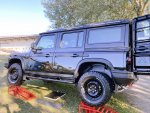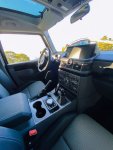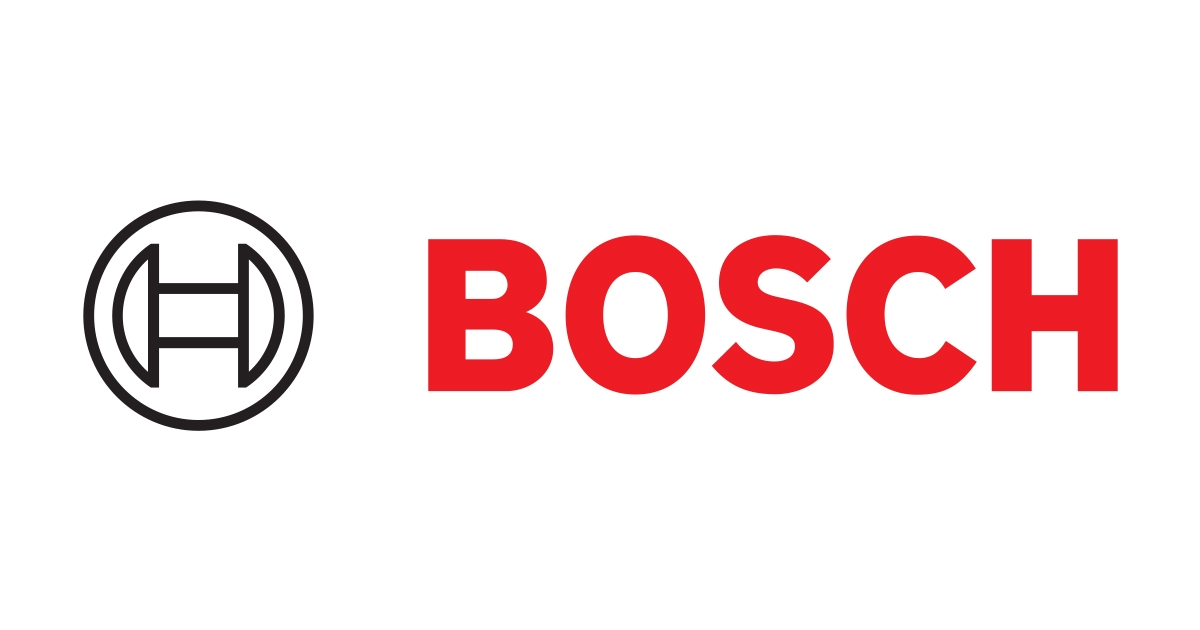It’s true that the BMW engine is probably more complex than we’d ideally want but I think this is the nature of the world we live in these days.
Remember that part of the goal here - beyond just making a great 4x4 - is to make a 4x4 that works and is available around the world. That means they need to be able to sell the same vehicle in Mozambique as they do in Montreal, and to sell it in Montreal it has to meet certain emissions standards.
In terms of service, they do have the goal of being able to get service within 45 minutes of anywhere. This is going to be accomplished via the small dealerships — not BMW dealers only, but “Ted Lake Marine” or “Martins Powersports” type places — the kind of shop that every town of more than 5k people has. They are also talking about parts fulfillment centres (a la Amazon) that can get the parts needed to where they need to be within 24 hours.
And on that note I’m actually OK with the BMW choice because it’s driven by this “parts availability” philosophy. It seems to me that Ineos really only had a couple of options here:
1) Develop their own engine. This would be a crazy challenging undertaking that would likely not result in a super reliable result mainly because the volume is so low in production that issues would take forever to reveal themselves and to some degree engine reliability is an iterative process.
2) Go with a pre-built motor from America or Asia. Many of the offerings from Asia would have to pass NA emissions. [EDIT: I wasn’t paying enough attention to my words; sorry folks.
@onemanarmy rightfully called me on this, and I want to give context. I am 100% speculating here and I’m not at all an expert on this, but in this case I was specifically thinking of Ineos’ requirement to offer the Grenadier in both petrol and diesel, and the diesel offerings from various Asian manufacturers, and I’m not aware of many; the Cummins with Nissan is the only one that comes to mind, but I don’t follow the sector closely so I’m happy to be educated on this one! As for American producers, the only diesel I am aware of that is global is the Duramax from GM. Perhaps that was an option that was considered and rejected for some reason? Or an aftermarket, like Cummins or similar. Again - not at all a diesel expert so happy to be educated. ]
3) Go with a European engine. Which is what they did, I guess!
The reason for picking bmw is that BMW were the only engine makers that would guarantee production for ten years. Everyone else they spoke tomaxed out at 5 years. From a parts perspective alone, this is the right decision.[EDIT: I remember reading this in an article or something but I can’t find a source - if anyone remembers and can find it please let me know, but I would say this is “speculation” unless I can find out where I heard it from]
And finally the b58 is fairly well proven and is used in a lot of cars. There are some minor issues with them but nothing that would be regarded as abnormal; every engine has common failures and the B58’s are not more or less common than others.
I share folks hesitation as if I had my way a nice little Kubota tractor motor with no emissions or electronics would be perfect for this vehicle but then they’d never be able to sell it worldwide. But when I look at the options Ineos had, I can’t help but think they made the right call as I’m not sure about the other options being any better.









